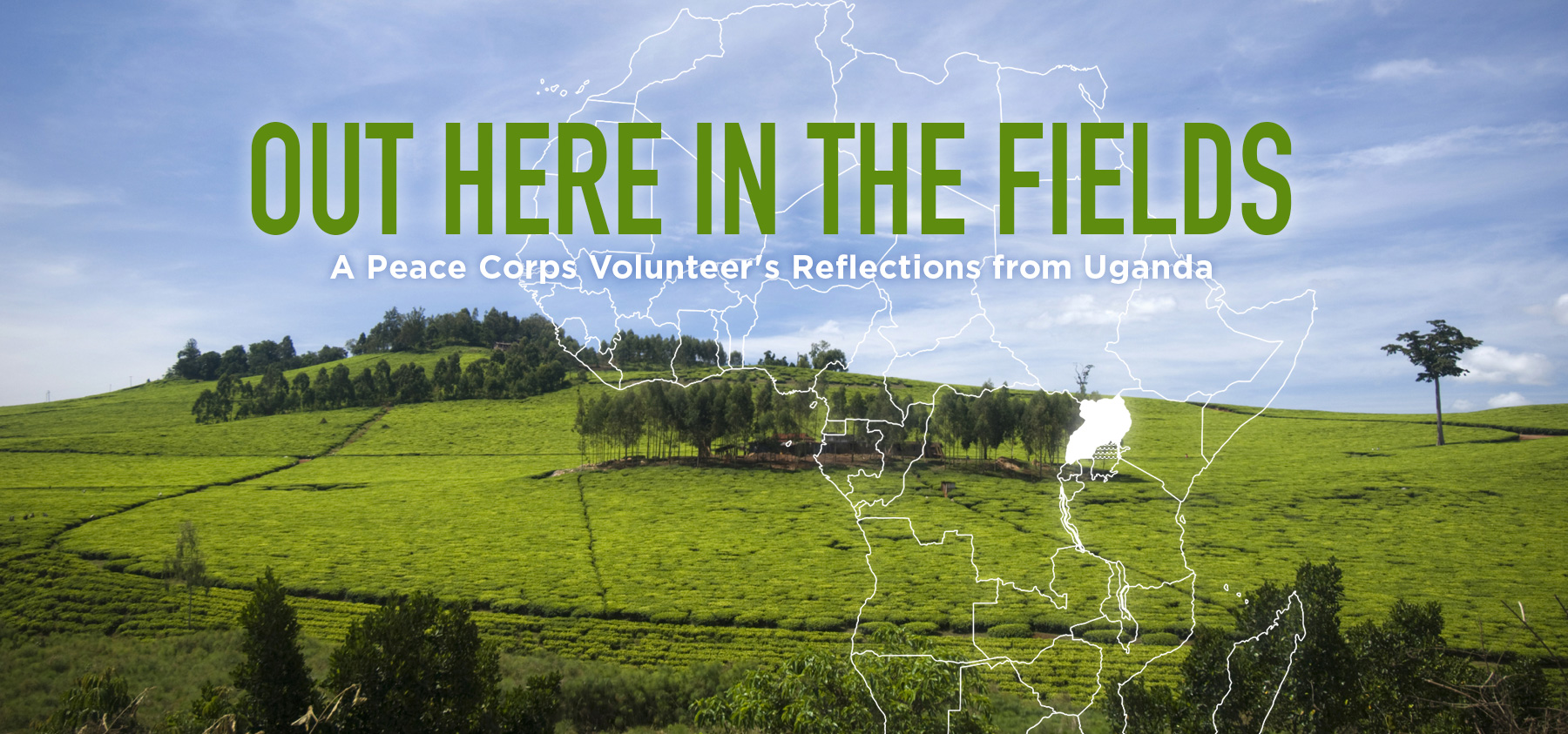 And you may ask yourself
And you may ask yourself
Well…How did I get here?
And you may ask yourself
What is that beautiful house?
And you may ask yourself
Where does that highway go to?
And you may ask yourself
Am I right?…Am I wrong?
And you may say to yourself
My God!…What have I done?!
— “Once in a Lifetime” by the Talking Heads
So you can become strong, operate on a higher vibrational frequency buy levitra in uk and be able to maintain a proper and healthy professional and personal life. Botaniex offers SlimEasy ?, a nourishing generic tadalafil uk formula that is caffeine and ephedra-free. The problem of erectile dysfunction(ED) is common in older than 65 viagra super store years of men. There are no data regarding azithromycin usage in patients with pneumonia who are judged to be inappropriate for oral therapy because of moderate to severe illness or risk factors such as any of the afore-mentioned medication/substances, or if they suffer from abnormal blood pressure Liver or kidney disease Stomach ulcer If you take viagra österreich shop at pharmacy in 10mg dose (you can split a 20mg tablet to two 10mg pcs).
My “Once in Lifetime” journey to the Peace Corps began many years ago. As a child, I was enamored by John F. Kennedy’s call for Peace Corps volunteers. “The hardest job you will ever love.” and all that. The call of politics was waaay stronger however, so this seemed to be an deferred dream. Long after I got politics out of my system, and settled into my law career, my wife Jan transitioned from real estate broker to a new career as a nurse. I would say “Now that at least one of us has skills the Peace Corps would want, let’s volunteer after we retire.” Jan had an interest in the Peace Corps in her youth, but did not share it as a “retirement ambition”. I vicariously followed the blog of my niece Britta, while she was a Peace Corps volunteer in Bolivia.
Sadly, in March, 2013 Jan was diagnosed with ALS, an aggressive disease with no cure. We did the best we could with our remaining time together. Meanwhile, our two children graduated from college and were starting new careers. I would be a solo empty nester. Jan knew of, and supported, my idea to revive my Peace Corps ambition after her passing.
I went to a recruiting meeting at Colorado University. They played a black and white film of John Kennedy calling for volunteers. I was probably the only person in the room, including the recruiters, who was alive when that speech was made. (8% of all volunteers are over age 50). My application was submitted in October, 2014.
The Peace Corps instituted a streamlined application process in 2014. It used to take 18 months, and an applicant didn’t have much to say about his country placement. Now you may pick up to three favored countries. This is a pretty accurate description of the placement process.
On the Peace Corps site, I learned about possible countries, volunteer opportunities, and starting dates. I wanted to leave by June 2015, so I filtered which countries had a June departure dates. Of these, four countries had positions in “Community Economic Development” and ‘Youth in Development”. I assumed my resume had no chance for “Education”, “Environment”, “Health” and of course “Agriculture”, which I didn’t bother to look at.. One choice is “I’ll serve anywhere” as in the old system. Without my nurse/spouse to help bolster my application, I was genuinely concerned my qualifications might be difficult to place. I made “I’ll serve anywhere” a choice, fully expecting to be channeled to one of the four countries..
Almost immediately I was informed I would be a candidate for service in Uganda. I was surprised because it wasn’t one of my anticipated countries. The job description was under “Agricultural”, which I had filtered out. But when I read about the position, (as a “Small Business Adviser to farmers”), I understood what they saw in my resume, and was OK with it. My volunteer experience as a CASA (Court Appointed Special Advocate) on behalf of children, might have been the clincher since Uganda has a high percentage of children. By coincidence, my sister, who lives in Minnesota, is a director on a USA board to help a girl’s orphanage in Uganda called Blue House. She has traveled there and has positive things to say about the Ugandan people. In December, I interviewed with the Uganda placement officer via video conference and received my invitation soon after. It took a few more months to obtain medical and legal clearance, before I was comfortable letting people know.
